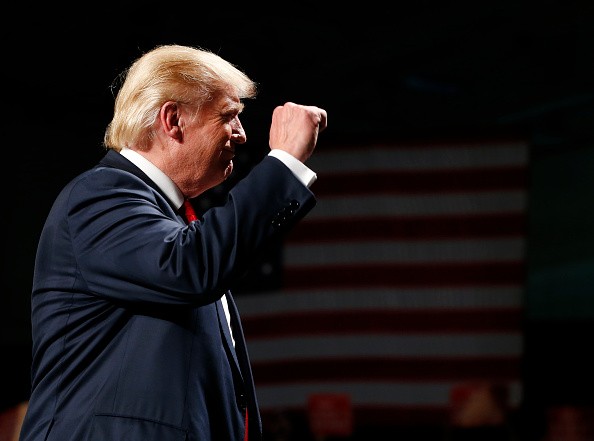Just months away from taking office, President-elect Donald Trump has been urged by the U.S. Drug Enforcement Administration (DEA) to start with China instead of Mexico in the government’s drug war.
During his campaign, Trump promised to prevent drugs from coming into the United States by implementing a stricter immigration plan including a wall on the Mexican borders.
Mexican drug cartels are the main supplier of illegal drugs in the United States; however, the DEA explained that to solve the problem on illegal drugs, Trump should focus first on the problem’s roots—China.
China is reportedly the source of fentanyl, a synthetic opioid which is 50 times more potent than heroin. It is used by Mexican drug cartels in making metamphetamine.
“The Mexican cartels are buying large quantities of fentanyl from China,” said Barbara Carreno, a spokesperson of DEA.
“It’s much easier to produce than waiting around to grow poppies for heroin and it’s incredibly profitable,” she further explained.
Some drug dealers in the U.S. also buy fentanyl directly from China. It costs around $1.5 million if sold wholesale.
Fentanyl also has legal uses. It is a Scheduled II controlled substance that is prescribed by doctors for cancer patients with tolerance to other narcotics.
Despite the strict regulations in the distribution of fentanyl, DEA issued a report that more than 700 deaths have been caused by fentanyl overdose from 2013 to 2014.
In his campaign, Trump also promised to reduce the number of prescriptive opioids like fentanyl. The problem on this substance is, though it is a controlled substance in the U.S., it is legally available in its country of origin, China.
This is why it is important for Trump to cooperate with the Chinese government in imposing stricter laws on fentanyl and similar substances.
“We’re continuing to work with the Chinese to see if they might control more of these substances,” Carreno said. “When they put controls on these substances it makes a huge difference.”
Besides synthetic opioids like fentanyl, Chinese companies are also producing massive amounts of other precursor chemicals used to make methamphetamine.
According to a study by the U.S.-China Economic and Security Review Commission, Mexican drug cartels supply 90 percent of meth in the U.S and 80 percent of the precursor chemicals used in Mexican meth came from China.
As Trump assumes presidency next year, he needs to carefully study the relationship of Chinese pharmaceutical companies to Mexican drug cartels.
This could be a tough job because while the Mexican drug problem is widely known, it is more difficult to investigate China’s black market.






















